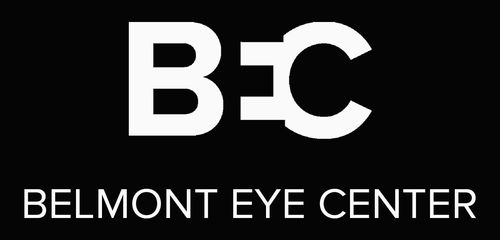LASIK laser eye surgery uses laser technology to etch a very thin, squared-off flap in the outer layers of your cornea, so the layers below can be altered to correct imperfections in the curvature that cause vision distortions. During LASIK, your ophthalmologist (eye specialist) will use the lasers to repair any irregularities in the cornea that are causing problems with your vision. LASIK eye surgery is a leading laser surgical procedure performed extensively for correcting refractive vision conditions and improving eyesight.
Most patients choosing LASIK surgery have a clear view with no need for a corrective lens, and they also enjoy a short recovery time with only minor post-operative discomfort. A large majority of patients undergoing LASIK have achieved 20/20 vision or better after conventional laser eye surgery. In general, the majority of people who undergo Laser-Assisted In Situ Keratomileusis (LASIK) eye surgery have achieved 20/20 or better, which is good enough for most activities.
For many who do not like wearing glasses or contacts, refractive eye surgery, also known as laser eye surgery, is the most sought-after solution. For many people, laser eye surgery can correct their vision enough that they are able to do all or nearly all their everyday activities without glasses or contacts.
Laser eye surgery is a permanent treatment, so once you get the vision corrected, you do not have to worry about contact lens risks again. After laser vision correction, you should have almost no need for contacts, and can enjoy better eye health. With laser eye surgery, the cornea is permanently altered, and those who are treated typically do not need glasses or contact lenses anymore for corrected vision.
The biggest benefit of laser eye surgery is that it fixes vision so well, patients generally do not need contact lenses or glasses anymore. Using lasers to correct vision has been an enormous success in the eye surgery field and offers the potential to restore sight for millions around the world. Laser vision correction surgery is an effective method to improve low-eyesight, which is characterized by farsightedness, nearsightedness, and/or astigmatism.
LASIK, which is short for laser assisted in situ Keratomileusis, is a refractive procedure that alters the shape of the cornea in order to correct for nearsightedness, farsightedness, and astigmatism. LASIK works by changing the shape of your cornea, a clear outer layer on the front of your eyes, to correct any refractive errors affecting the clarity of your vision.
Using targeted laser-beam energy, LASIK procedures alter the cornea to allow lighter light rays to be focused more accurately onto your retina, producing sharper, crisper vision. The epilasik procedure alters the cornea using lasers to create a lens-shaped piece of tissue (a lenticule) beneath the surface of the cornea. Now, the most widely performed type of laser eye surgery, LASIK involves creating a partial-thickness corneal flap and using an excimer laser to ablate the bed of the cornea.
In addition to LASIKs myriad benefits for improved vision, the personalized approach of the Belmont Eye Center procedure is probably one of the strongest pros to LASIK surgery that you will experience at Belmont Eye Center. In your complimentary, no-obligation consultation, we are here to answer any and all questions, address any concerns, and determine whether or not you are a good candidate for LASIK eye surgery. To learn more about the benefits of LASIK eye surgery, contact the offices of Belmont Eye Center today for your complimentary, no-obligation consultation.
If you have very thin corneas, you might instead benefit from another, older, type of laser eye surgery Dr. Sandra Belmont carries out, called photorefractive keratectomy (PRK). While Laser-Assisted In-Situ Keratomileusis Surgery cannot treat presbyopia, you can choose the procedure where Dr. Belmont adjusts one eye to correct for nearsightedness, and another to adjust for farsightedness. Talk with a laser eye specialist about your eyes current state and how your surgery may be able to improve your situation.
Dr. Belmont will ask detailed questions about your eye health and evaluate your eyes to ensure you do not have any conditions that could cause complications or poor results from the surgery. Dr. Belmont will talk to you about what to expect during and after surgery and help you understand the benefits and limitations of your procedure.
Talk with a surgeon at Belmont Eye Center to determine if you can also benefit from LASIK surgery, and enjoy the freedom of not having to wear glasses or contacts anymore. Because LASIK surgery usually removes the need for glasses or contacts, you are relieved of the pain of sinuses and headaches caused by pressure on the nose from glasses, the discomfort of hazy glasses, the Coronavirus risks from touching your face and eyes, and eye irritations that may arise with contacts. LASIK surgery may not be an option for those with already-suffering dry eyes, although it will depend on what is causing your dry eyes.
